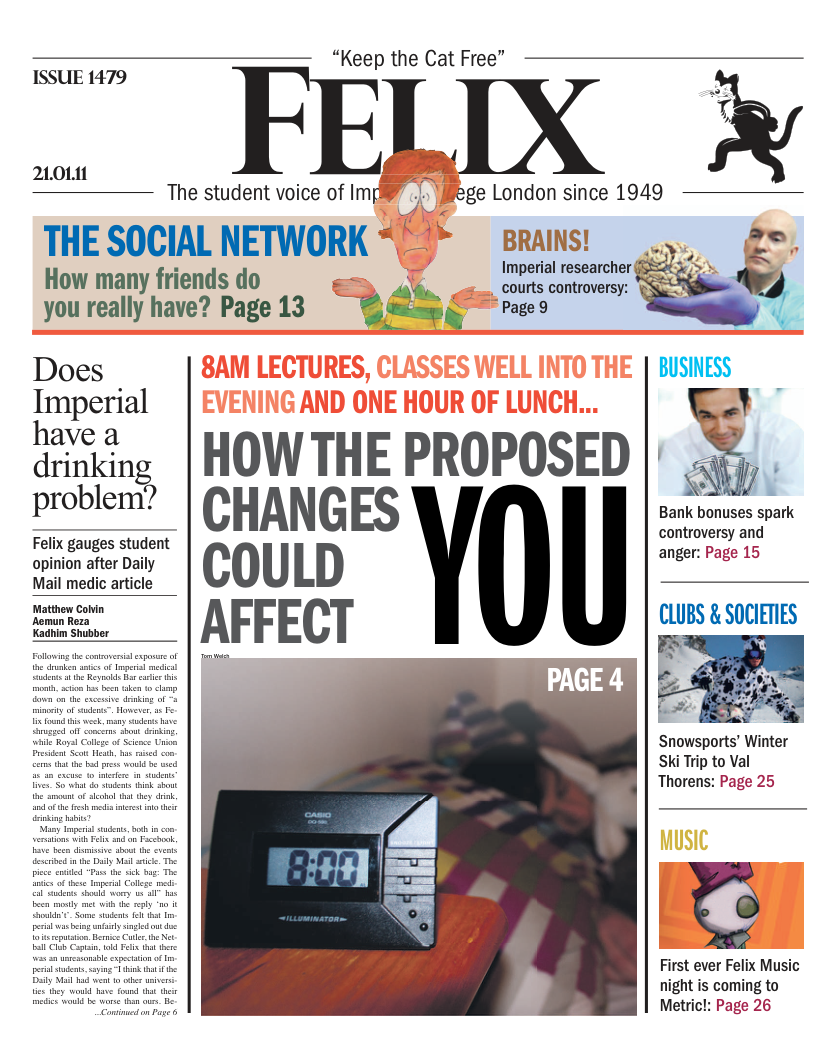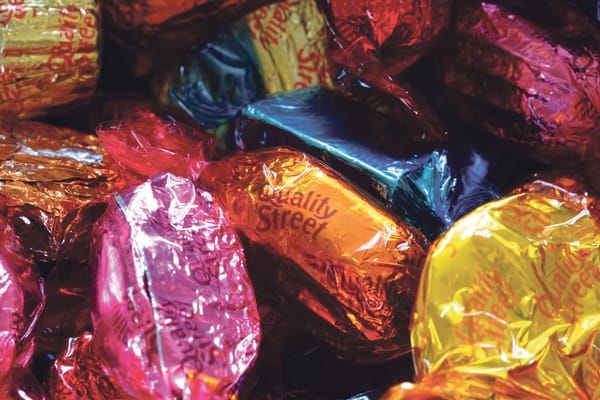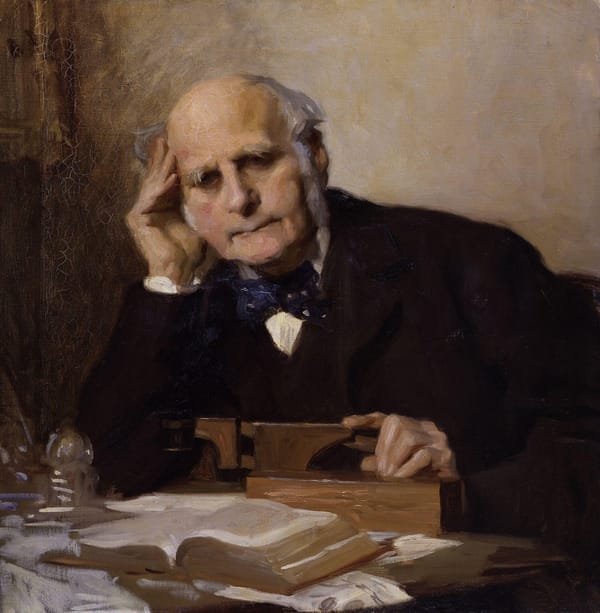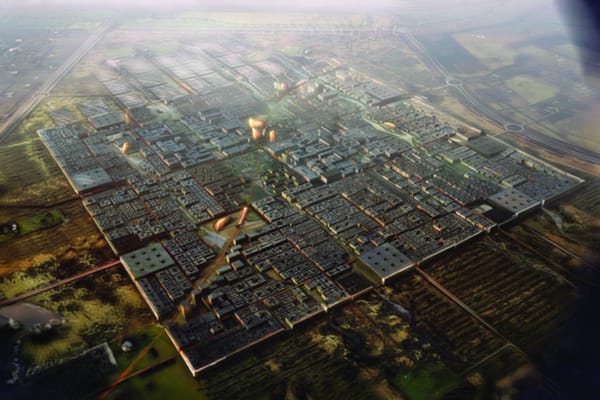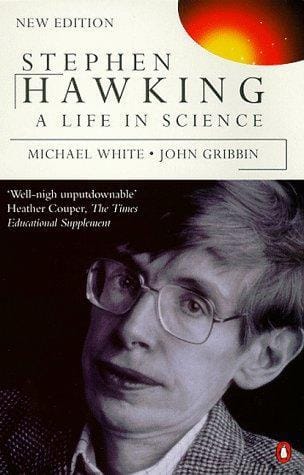Young Scientists’ Symposium 2010
ICSMSU Muslim Medics host another successful evening of academic prowess
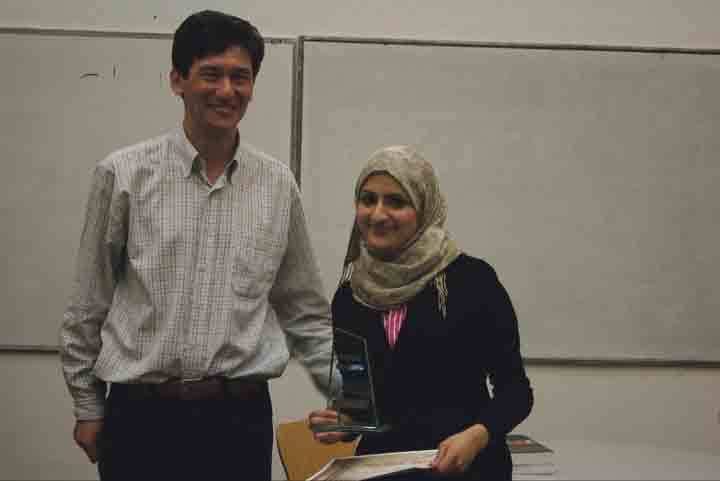
The School of Medicine has always maintained the importance of research within the medical field both as a student and once we graduate. On Tuesday 23rd November ICSMSU Muslim Medics showcased the academic research achievements of Imperial students from all years. The tough competition from 6 high-class presentations was indicative of the fact that the Young Scientist’s Symposium (YSS), now in its 4th year, had established itself as a renowned symposium for medical students.
The lecture hall was packed out with Imperial students from all years as well as year 12 and 13 students that were invited from the hugely successful PotMed that took place in September. We were extremely privileged to have on our judging panel Dr Laki Buluwela, a reader in molecular biology, Dr Ken MacLeod, a reader in cardiac physiology, and as our head judge, Professor Chris Tang, a researcher in infectious diseases. All three judges had been lecturers within our first two years of Medicine and so it only seemed apt that we invite such honourable members of the medical school that the presenters, and the rest of us, would not only know but also regard as role models and people from whom we can learn a great deal. In our company as a fourth judge we also had Mohammed Al-Hairi, last year’s audience winner, which was indeed a pleasure for us all.
These final six contestants were to give an eight minute presentation on their particular research topic followed by a maximum seven minutes of questions and answers from both the judging panel and the audience alike. At the end the judges would deliberate who they thought was the best presenter based on criteria of appearance, structure, scientific knowledge, delivery and evaluation. In addition, the audience would vote too on who they thought delivered the best presentation. The challenge was to deliver very advanced research to an audience mainly made up of a younger community that had little experience in the chosen fields in such a manner that was both engaging and refreshing. The judges’ winner would an engraved glass trophy and the audience winner would receive a £20 Waterstones voucher.
The excitement was brewing more and more as Dr MacLeod was ending his presentation on the importance of medical students to get involved in research from an early stage; the audience were awaiting the first presentation and our excellent chair, Samee Siddiqui, not only welcomed the proceedings in a confident and motivating manner but also eased the nerves with some of his best jokes – undoubtedly the crowd’s favourite was remarking upon the effectiveness of Dr Buluwela’s presentation on how to give an effective presentation.
The topics covered in the ninety minutes showed an insight into the different areas of medicine such as David Bargiela’s presentation on the role of astrocytes in multiple scleroris, Harsh Bhatt’s presentation on unexpected stimuli affecting saccadic latency and ethnic marketing science, an area never discussed before at the symposium, delivered by Atif Khan. In the end there was very little separating the best two presentations of the evening: Bharat Pahilwani’s fascinating talk on using cortisol to monitor hydrocortisone replacement and Reenam Khan’s intriguing and refreshing look at predicting post-operative pain outcomes, with the former winning the audience vote and the latter deservedly being crowned Young Scientist’s Symposium 2010 winner by the judges.
For me the highlight of the evening was not the enthralling presentations, the chair’s best lines or even the tasty snacks, although all three were excellent in their own right, but the heart warming brother and sisterhood that took place at the end between the contestants once the results were announced. Normally at Imperial we see fellow colleagues leaving no stone unturned to be the best of the best whether it comes to passing examinations, winning awards or getting work published. And because of this competitiveness, that most probably arises from the fact that striving to be top is part of the norm, we tend to overlook others’ achievements and success and sometimes even our own if it doesn’t match up to others’. But if you were to be there at the end you would have seen all the contestants not only congratulating the winners but themselves too for they all have succeeded in delivering excellent presentations; a point emphasised by Professor Chris Tang at the end. And this is exactly what YSS aims to achieve: unity and a celebration of achievement amongst all students of this medical school.
Another thing to point out is how the contestants were not just from 5th year like the majority of previous symposiums, but ranged all the way from final year to second year. Special mention must go to Neha Panda, a second year medic, who took part in research before she attended the medical school – which completely encapsulates the Imperial students’ enthusiasm to achieve and advance not only their careers but the quality of life in the community which without doubt will be the foundations of a successful healthcare service brought by the next generation: our generation.

